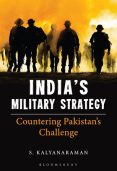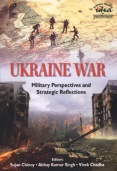China-Russia Naval Ties and the Balance of Maritime Power in Asia
A growing Sino-Russian-Pakistani maritime nexus in the IOR poses a challenge to India’s influence in the Indian Ocean and heralds a potential change in the Asian balance of maritime power.
- Abhijit Singh
- August 27, 2015








